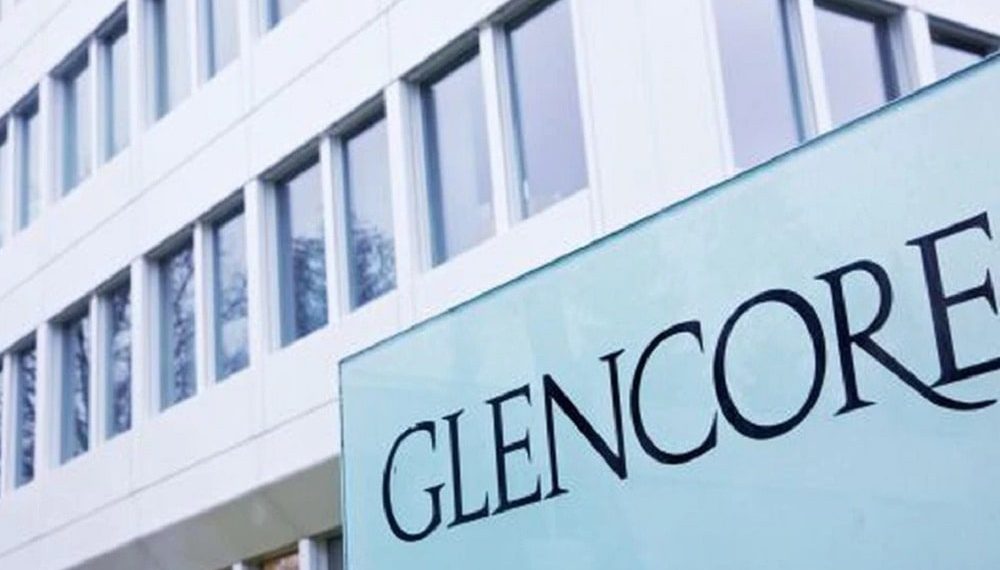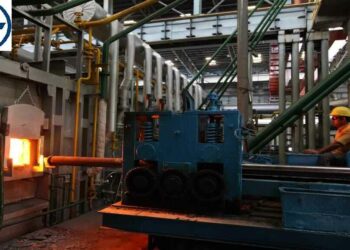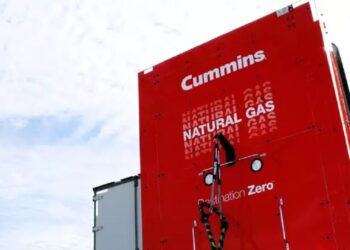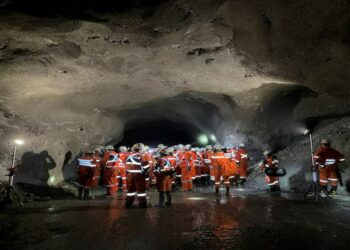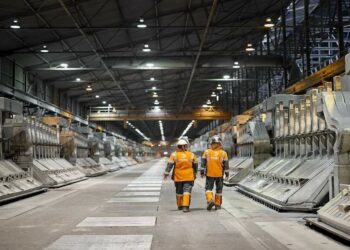The Mining and Metals Blockchain Initiative will pool resources and cost, increase speed-to-market and improve industry-wide trust that cannot be achieved by acting individually. It aims to be a neutral enabler for the industry, addressing the lack of standardization and improving efficiency. The intention is to send out a signal of inclusivity and collaboration across the industry.
The group will look to develop joint proof-of-concepts for an inclusive blockchain platform. Over time, this could help the industry collectively increase transparency, efficiency or improved reporting of carbon emissions.
In many cases, blockchain projects to support responsible sourcing have been bilateral. The result has been a fractured system that leaves behind parts of the ecosystem and lacks interoperability. This new initiative is owned and driven by the industry, for the industry. Members will examine issues related to governance, develop case studies and establish a working group.
Key areas of collaboration and development will be carbon emissions tracking and supply chain transparency. They will work to use blockchain technology to increase trust between upstream and downstream partners, to address the lack of industry standardization and to track provenance, chain of custody and production methods.
“Material value chains are undergoing profound change and disruption”, said Jörgen Sandström, Head of the Mining and Metals Industry, World Economic Forum. “The industry needs to respond to the increasing demands of minerals and materials while responding to increasing demands by consumers, shareholders and regulators for a higher degree of sustainability and traceability of the products.”
The World Economic Forum has offered its platform and expertise to help industry leaders better understand the impact and potential of blockchain technology. It will provide guidance for consortium members on governance issues related to the delivery of a neutral industry platform and the expansion of consortium members.
“The mining and metals industries produce the commodities required to advance everyday life,” said Ivan Glasenberg, CEO of Glencore International AG. “We welcome the development of technology that can facilitate industry reporting to improve compliance across the supply chain.”
Competitors within the same industry who research and experiment with blockchain or distributed ledger technology are increasingly exploring consortium formation to accelerate and strengthen blockchain technology knowledge and potential research and development. This trend is reflected in the Deloitte Global Blockchain survey published in May, where the overwhelming majority (92 percent) of respondents say they either belong to a consortium or plan to join one in the next 12 months.



